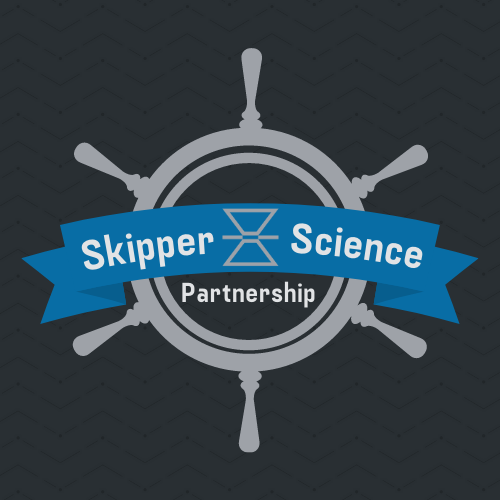Growing ‘Skipper Science Program’ Helps Fishers Gather Information
The following press release is courtesy of SalmonState and Tribal Government of St. Paul Island:

Skipper Science Project’s Second Year Doubles Participation
Matchmaking program for fishermen, scientists doubles participation; big plans for 2023
ANCHORAGE– The Aleut Community of St. Paul Island Tribal Government’s Ecosystem Conservation Office and SalmonState’s Salmon Habitat Information Program (SHIP), along with commercial fishing industry and partners and ocean researchers continue to grow Alaska’s groundbreaking Skipper Science program with 180 commercial fishermen participating to collect ecological observations, including changes in fisheries and ocean conditions. One of Skipper Science’s key tools is a smartphone app that allows fishermen to log observations in real time from the fishing grounds — meaning they become citizen scientists cataloging conditions.
Highlights from the 2022 program include:
- 180 fishermen signed up for the program’s second year, nearly double 2021
- 19 Alaska-based fishing trade organizations supported and endorsed the program, demonstrating strong interest from the industry
- Over 150 fishermen provided their opinions on climate change and feedback on their experience with the program and the app via phone interviews
- 80 data entries completed in the SkipperScience app by participants from throughout Alaskan fishing grounds (identified by GPS locations)
- The Skipper Science Program partnered with the Alaska Fisheries Science Center to bring fishermen and scientists together in an annual workshop to discuss priority research needs in the Gulf of Alaska
- The Skipper Science Partnership program partnered with NOAA scientists on a targeted research pilot project focused on collecting cod stomach contents and will continue to work with scientists to identify more specifc research projects in 2023
“Skipper Science is providing a streamlined path for fisheries researchers to connect with fishers about the changes that they’re seeing on the water, and share their knowledge with scientists in a highly collaborative and positive way, especially for the times and places that research boats can’t cover,” said Kerim Aydin, fishery biologist, Alaska Fisheries Science Center.
“Skipper Science is already a valuable resource for researchers, managers and policy-makers — and with every season, it will grow more valuable. With this summer’s results, it’s clear fishermen are up for the work of using technology to contribute their observations and knowledge to the data set. In concert with Alaska’s fishing fleets, we can meet the challenges of fishing and managing sustainable fisheries in a changing climate, ensuring commercial fishing economies remain strong for generations to come,” said Lauren Divine, Director of the Ecosystem Conservation Office for the Tribal Government of St. Paul.
“The amount of participation and interest from the industry, commercial fishing groups and fishermen was so positive. We were blown away by the amount of organizations and associations willing to endorse and support this project,” said Lindsey Bloom, manager of the Salmon Habitat Information Program. “Our next phase will be to match fishermen in specific regions and fisheries with scientists and managers in those areas to collect data points that support specific projects and research needs.”
Full Report on SkipperScience 2023 Program can be found here.
Fishermen can sign up to participate here – https://skipperscience.org/sign-up/
Connect with and use images from the Skipper Science Partnership:



